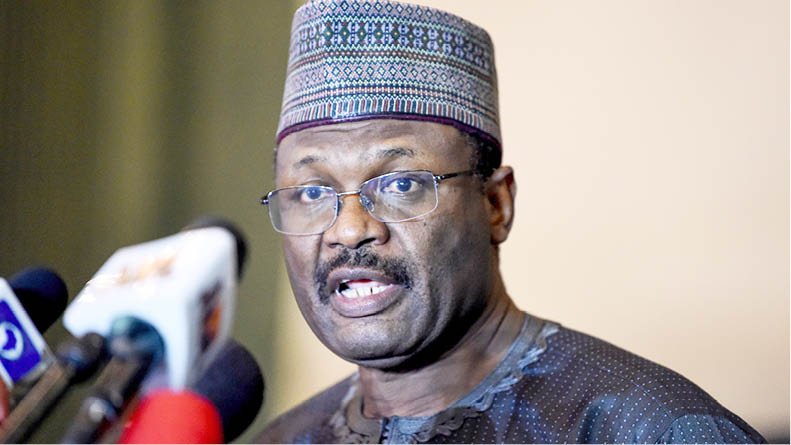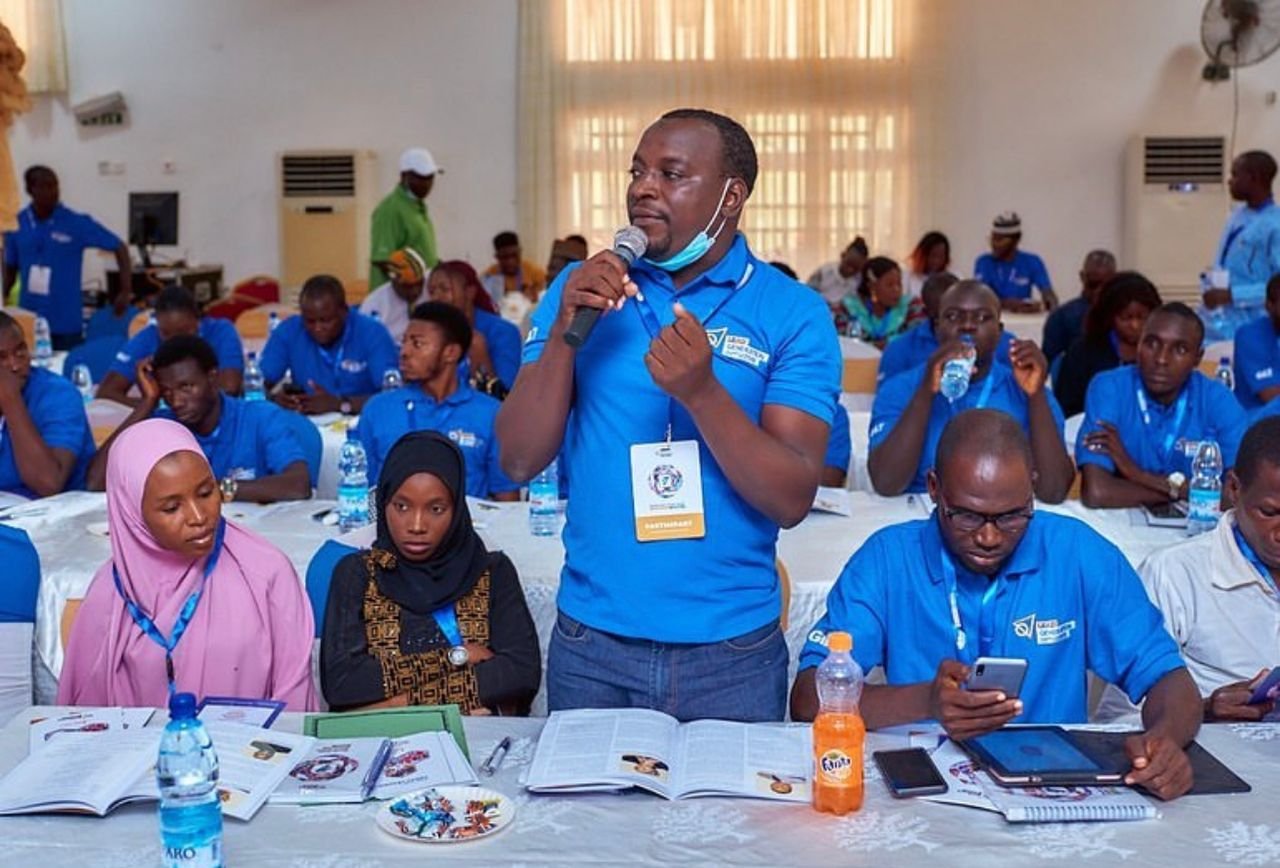The June 2025 General Assembly, convened in the spirit of civic duty and national renewal, brought together critical voices to deliberate on some of the most pressing issues confronting the Nigerian state. The topics discussed, ranging from electoral reforms to the implications of a rising one-party structure, the burden of national debt, and growing insecurity in parts of Delta State, culminated in a set of bold yet constitutionally sound resolutions.
- Electoral Reforms: Charting a Path to Inclusive, Credible Elections.
The Assembly took a deep dive into the over 140 electoral reform proposals introduced by the Independent National Electoral Commission (INEC), including early voting for vulnerable groups, improved collation systems, and citizen-submitted memoranda. Participants unanimously emphasized that for these reforms to have enduring impact, foundational questions must be addressed, particularly concerning the mode of appointing INEC leadership.

Key Recommendations:
- A constitutional review should consider transferring the power to recommend the INEC chairman from the executive to a neutral, broad-based body to safeguard institutional independence.
- Electoral reforms must include constitutional clarification on the classification of INEC within the three arms of government, ensuring clearer oversight and neutrality.
- Voter education and civic awareness initiatives should be prioritized to boost informed participation, especially among young Nigerians and first-time voters.
Diaspora voting, gender inclusion, and affirmative policies for youth participation should be institutionalized through legal frameworks.
2. The Rise of a One-Party Dominance: Encouraging Political Pluralism
The Assembly noted growing public concerns over the narrowing space for political competition, with many observing the risk of a one-party-dominant system evolving in practice.
Key Recommendations:
- Civic education initiatives should be expanded to promote awareness of democratic rights and the implications of weakened opposition voices.
- Advocacy groups and civil society organizations, such as the Lead Generation Initiative (LGI), are encouraged to intensify awareness campaigns at grassroots levels, fostering understanding of party structures, governance accountability, and the need for political diversity.
- Rather than resisting outcomes that arise constitutionally, Nigerians must be educated on using the legal system to advocate for reforms. The Constitution remains the people’s tool, it works best when its provisions are widely understood and constructively applied.
- All political parties should be encouraged to embrace internal democracy, equity, and justice in their structures. Multi-party governance must be strengthened through transparent party constitutions and equitable power-sharing mechanisms.
The Assembly noted growing public concerns over the narrowing space for political competition, with many observing the risk of a one-party-dominant system evolving in practice.
Encouraging Political Pluralism
3. National Assembly Approval of ₦1.77 Trillion Loan: Transparency and Accountability at the Core
The Assembly deliberated on the recent National Assembly approval of a $2.2 billion loan to fund the 2024 budget. While acknowledging that sovereign borrowing is a global fiscal strategy, participants raised concerns regarding oversight, usage, and debt sustainability.
Key Recommendations:
Nigeria must focus on borrowing for capital development and revenue-generating projects rather than recurrent expenditure.
Greater transparency is required in the disbursement and use of borrowed funds. The Debt Management Office (DMO) should be empowered to issue quarterly public reports on loan deployment and measurable outcomes.
Oversight bodies such as the EFCC and ICPC must undergo foundational and constitutional reform to strengthen their independence and operational capacity, ensuring they play a credible role in preventing financial mismanagement.

4. Insecurity in Abraka, Delta State: Strengthening Local Security Architecture
Participants expressed concern over reports of rising insecurity in Abraka, including alleged acts of violence, threats, and kidnapping activities in ungoverned areas.
Key Recommendations:
The role of state governments, as enshrined in the Constitution, should be maximized in safeguarding lives and property through proactive conflict prevention and inclusive community security plans.
The State Government is encouraged to engage with community stakeholders—including nomadic groups and traditional leaders, to initiate peace dialogues and co-develop local security strategies.
Deployment of adequately equipped security personnel to identified criminal hotspots is advised, with emphasis on intelligence gathering and joint task force coordination.
5. Climate-Related Disasters: The Unaddressed Threat
The recent floods in Mokwa underscore a grave and growing concern: the neglect of climate-related disasters poses an imminent threat to lives and livelihoods. As we approach the peak of the rainy season, the Assembly urgently calls on all national disaster management agencies, including the National Emergency Management Agency (NEMA), the National Emergency Relief Agency (NERA), and others, to prioritize proactive disaster preparedness and rapid response measures.
We must ensure that all relevant government bodies are fully equipped, adequately funded, and strategically positioned to address emerging crises. Preventing future, unmitigated disasters requires foresight, coordination, and immediate action.
Climate Disaster Mitigation, Adaptation Strategies
For more details, collaborations and partnership. Kindly send an email to info@leadgennig.com

